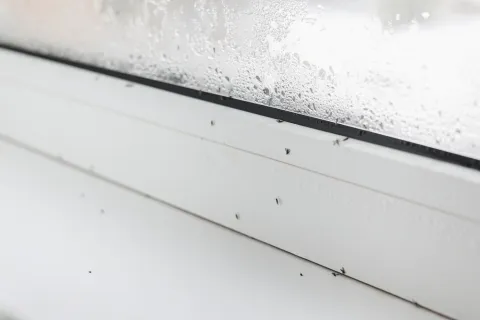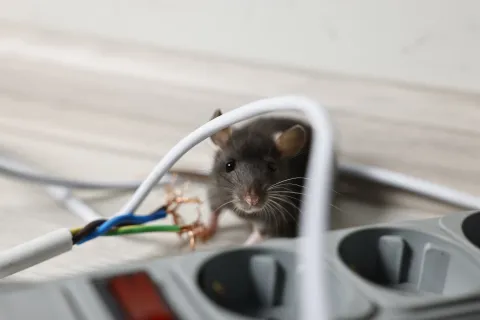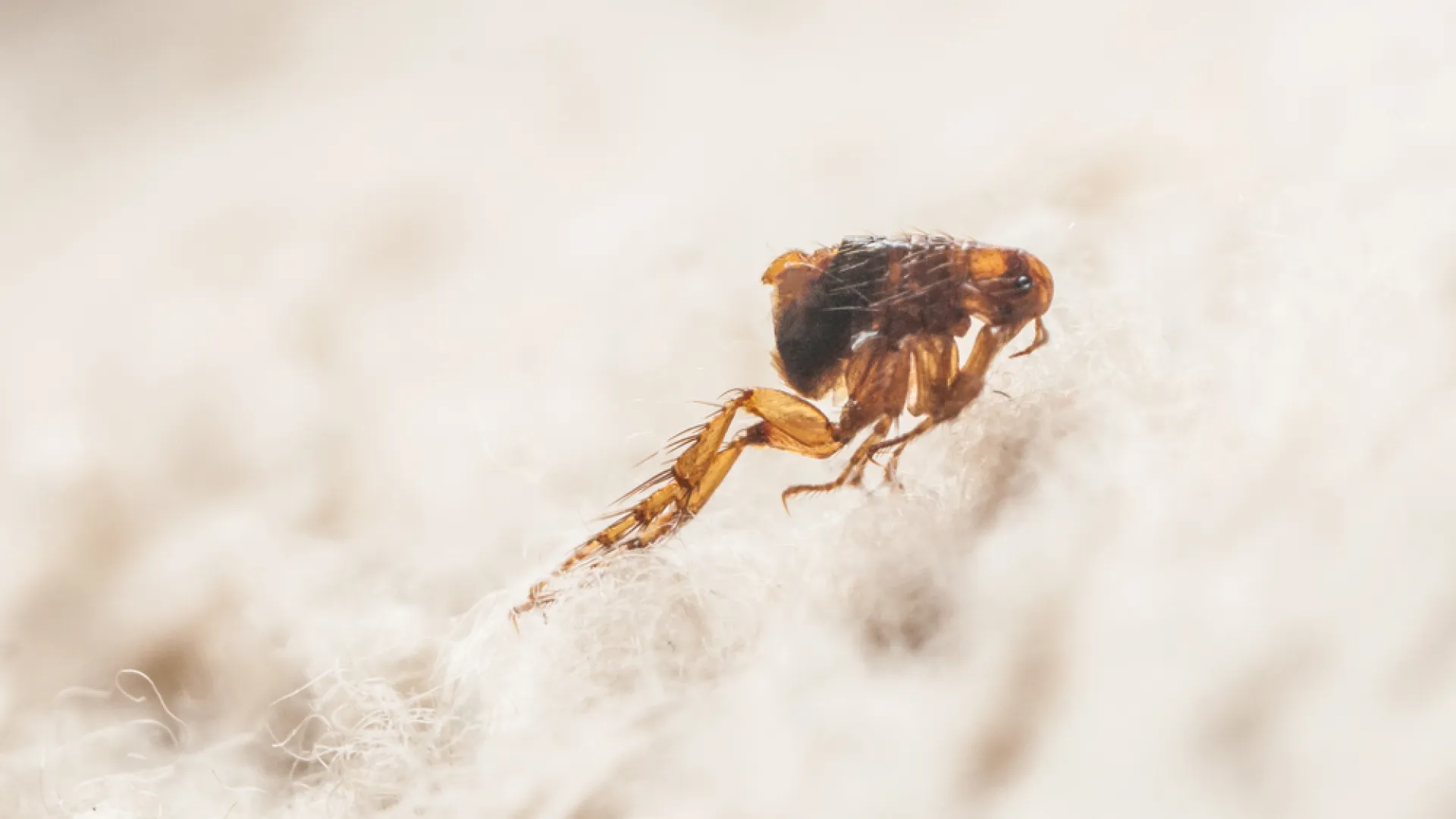
Fleas
Small Pests with a Big Impact on Your Home and Pets
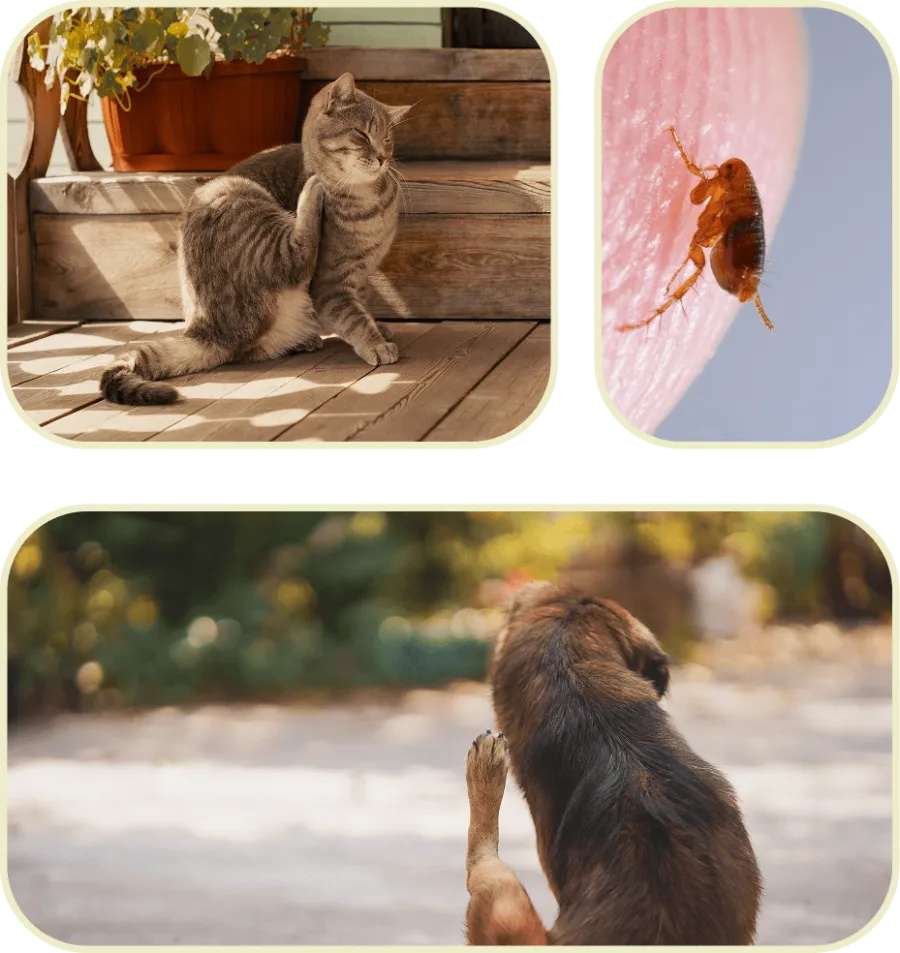
Flea Identification (Siphonaptera)
What Are Fleas?
Fleas are miniscule black bugs, usually less than 1/8 inch long. They have wide rear ends with long back legs, those features are often too small to see with the naked eye. They can change to a reddish color and slightly swell in size after a blood meal. While they have no wings, their extraordinary jumping ability makes up for it, allowing them to jump up and latch onto the skin or fur of any animal that happens to be passing by their vicinity. Despite their miniscule size, fleas can leap from 7 to 13 inches in a single motion - easily enough to reach your ankles.
Fleas are common Snohomish parasites that feed on the blood of their host animals in order to survive. Fleas' primary host is the domestic cats and dogs but they can also live on humans as well as any other animals they come across.
The flea life cycle is built around their feeding habits. After each blood meal, a female flea lays 4-8 eggs among a host animal's hairs or in its bedding area. These eggs are tiny white ovals, about 5 mm long, which take 1-12 days to hatch. Over the course of a few weeks, the larvae that emerge will mature into pupae and then emerge as adults. This adult will then jump onto the first host it can find, find another flea to mate with, and the cycle continues. Many adults live only a few days due to the cat or dog grooming itself, but survivors can live as long as a year on their host.
Due to their miniscule size, you probably won't notice fleas because you see them jumping around but rather because you'll notice your pets insistently scratching themselves. If you are bitten, you'll probably begin to develop itchy reddened marks on your skin. While initially similar in appearance to mosquito bites, flea bites generally come in tighter groups. Once bitten, your bite might itch for weeks.
The majority of fleas are spread by a few kinds of animals, like birds, cats, dogs and rabbits. You can also fall prey to an infestation if your home plays host to other pests. Rats and mice are established flea carriers, and they may pose a greater risk because of their known ability to go undetected in homes.
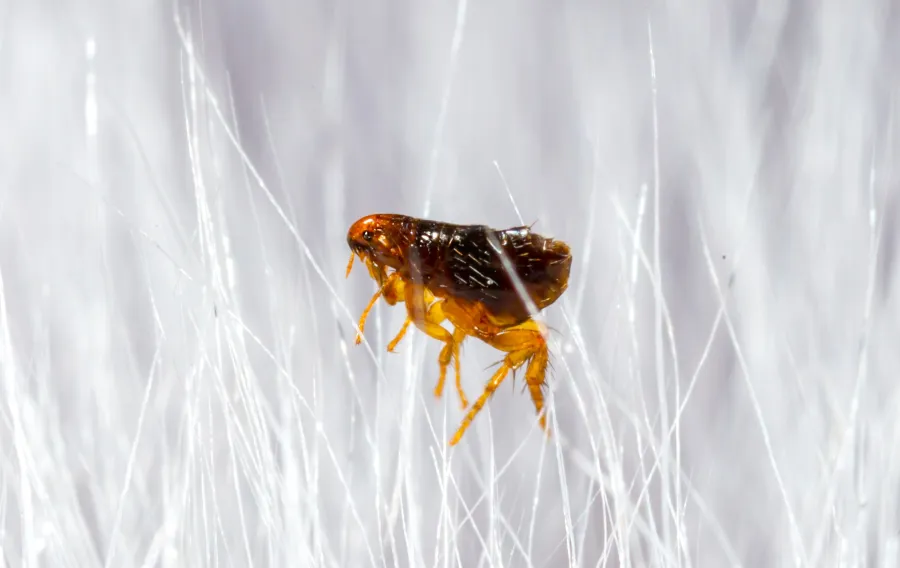
Are Fleas Dangerous?
While fleas are primarily a nuisance, don't be fooled: they can also transmit a number of serious diseases and parasites. The diseases fleas can transmit include Bartonella, typhus, plague, Tularemia, and more. They are probably most notorious for spreading tapeworms to pets. Beyond diseases, they can also cause other negative health effects, such as causing asthmatic reactions in humans that inhale flea feces.
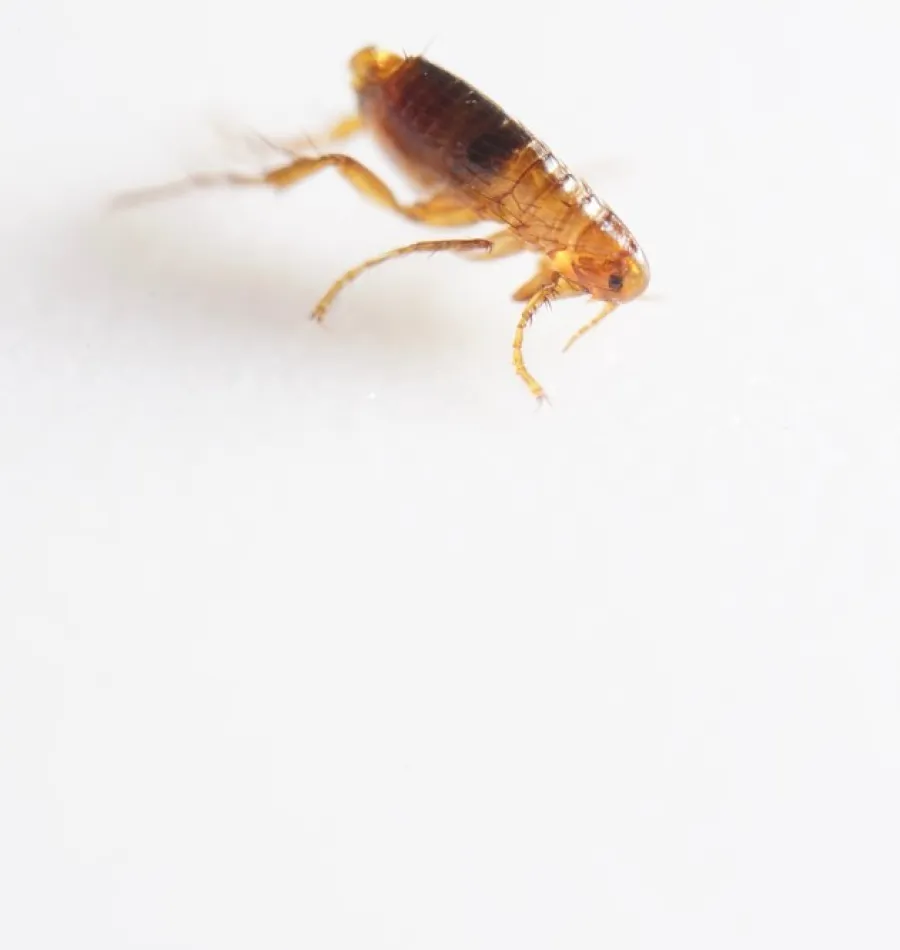
Steps You Can Take To Prevent Fleas In Western Washington
With the nuisance and health risk fleas bring, preventing them is essential if you want to save yourself a lot of headaches. Here are some tips you should try:
- Trim grass and trees in your yard so that it doesn't look too appealing to fleas and ticks by leaving them nowhere to hide - this will also discourage wild animals from entering your yard.
- Don't leave pet food bowls outside.
- Take your pet to the vet and give it flea and tick prevention medication or powder.
- Give your pet a haircut if their fur grows too long.
- Vacuum your home regularly and change vacuum bags with every cleaning.
- Eliminate any existing rodent infestations around your home that could track fleas inside with them.
- Seal up holes in your home that could allow fleas, or the animals carrying them, inside.
- Wash your blankets and bedding often, using hot water settings.
- Bathe your pet often, using anti-flea shampoo.
- Use carpet spray to deter fleas from spreading into your carpets.
- Wash pet bedding regularly.
- Comb your pet with a flea comb.




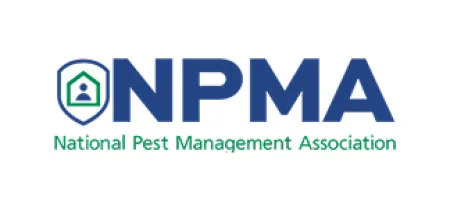
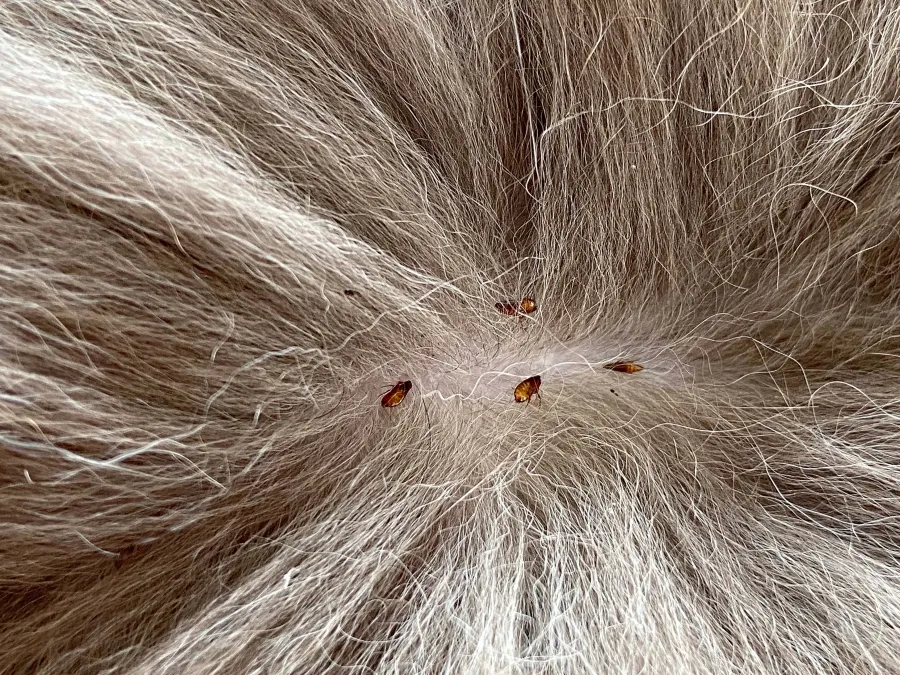
Why To Call Guard Pest Control For Help With Fleas
Due to their small size and incredible movement ability, fleas can be a very difficult pest to get rid of once they become an infestation. Although there are DIY methods and products on the market, these will be ultimately ineffective if you can't eliminate the entire infestation at once and allow it to spring up again in a few days' time. Although regular bathing, vacuuming, humidity controls and high-temperature laundering are important for reducing the presence of fleas in a given environment, it's critical to stop them from coming back, and this can only be achieved with the help of a professional.
If you want your flea problem gone for good, your only options are professional home pest treatment or professional commercial pest control. If fleas are bugging you, contact the Snohomish pest control professionals at Guard Pest Control immediately for help. We have all the tools and know-how you need to make your flea problem a thing of the past, no matter how large it might be.


